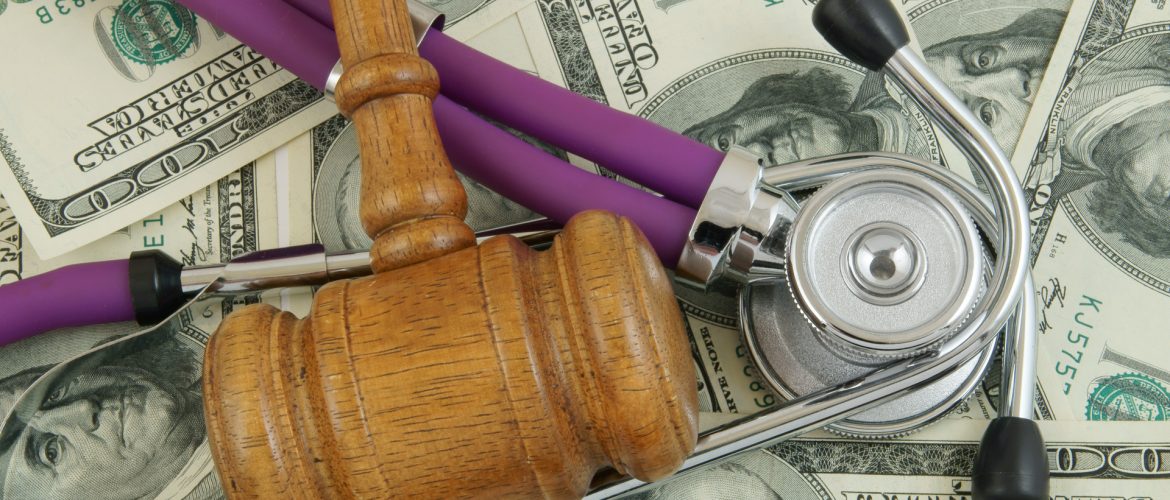A federal grand jury returned a four-count indictment on March 23, 2021, against a Florida man for fraudulently obtaining or attempting to obtain over $1,500,000 in Paycheck Protection Program (PPP) loans. The Florida man is charged with bank fraud, making false statements to a federally insured institution, aggravated identity theft, and making false statements.
In addition to allegedly submitting a fraudulent PPP loan application for a fictitious business in his own name, the Florida man also allegedly stole the identities of eight elderly individuals, seven of whom were residents of senior living facilities, and one who was related to him. Part of his scheme was to obtain more than $1.5 million in forgivable loans. He is also allegedly to have submitted fraudulent loan applications to multiple financial institutions.
The indictment alleges that the Florida man opened bank accounts and lines of credit at financial institutions and credit card companies in the names of his elderly victims. The man then allegedly obtained physical checks, debit cards, and credit cards in the names of his elderly victims and used the services of an electronic payments processor to transfer funds from the fraudulently obtained lines of credit into the back accounts that he fraudulently opened.
The Coronavirus Aid Relief and Economic Security (CARES) Act is a federal law enacted March 29, 2020. It is designed to provide emergency financial assistance to millions of Americans who are suffering the economic effects resulting from the COVID-19 pandemic. One source of relief provided by the CARES Act is the authorization of up to $349 billion in forgivable loans to small businesses for job retention and certain other expenses through the PPP. In April 2020, Congress authorized over $300 billion in additional funding, and in December 2020, another $284 billion. The Small Business Administration (SBA) guarantees PPP loans which are funded by participating financial institutions.
If convicted, the Florida man faces a maximum penalty of 30 years in prison for the charges of bank fraud and making false statements to a federally insured institution, and a maximum penalty of 5 years in prison for the making a false statement charge. The man also faces an additional 2-year mandatory minimum prison sentence, consecutive to any other sentence imposed, for the aggravated identity theft count if convicted.
Anyone with information about allegations of attempted fraud involving COVID-19 can report it by calling the Department of Justice’s National Center for Disaster Fraud Hotline at 866-720-5721 or via the NCDF Web Complaint Form at: https://www.justice.gov/disaster-fraud/ncdf-disaster-complaint-form
Issue:
It is the obligation of each nursing facility to protect residents from financial abuse and exploitation. Each facility must take the required precautions in keeping residents’ personal information as confidential as possible. If residents’ personal information is exposed in a data breach, it is the responsibility of the facility to report the breach as soon as it is discovered. Residents are more likely not to know that they have been a victim of identity theft; therefore, it is the facility’s responsibility to protect the resident from financial abuse and exploitation.
Discussion Points:
- Review your policies and procedures on protecting residents’ personal information and preventing financial abuse and exploitation. Update your policies if needed.
- Train all staff who have access to resident’s personal information on your policy and procedure for protecting resident’s personal information. Train all staff on your policy and procedures for preventing financial abuse and exploitation. Document that these trainings occurred and file the signed document in each employee’s education file.
- Periodically audit to ensure that staff who have access to residents’ personal information are aware of the proper procedures to follow to prevent personal information exposure. Also, periodically audit staff understanding to ensure that they are aware of what constitutes financial abuse and exploitation, and what they would do if they suspected financial abuse or exploitation is occurring.
ABUSE OF RESIDENT PERSONAL FUNDS












































































